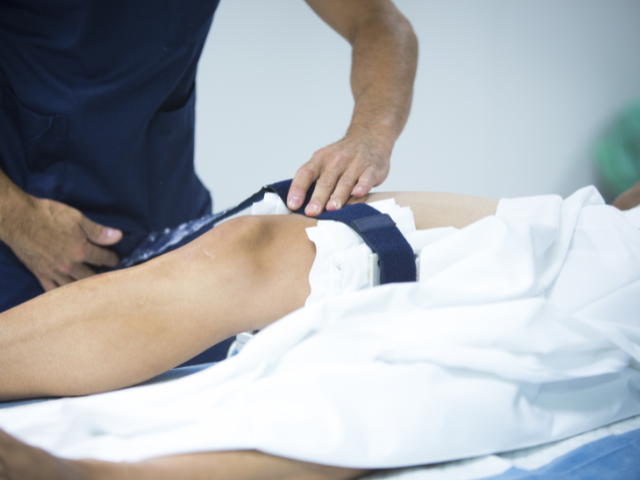How to Become an Orthopedic Nurse
The candidate should have the right degree and experience to become an orthopedic nurse. Most organizations prefer that experienced nurses work in the orthopedic department. However, do not let that deter you. To gain experience, you can join voluntarily in the emergency room or operation theater or tell the interviewers that you wish to become an orthopedic nurse and need the relevant experience.
In order to obtain certification as an orthopedic nurse, you must have worked in an orthopedic setting for at least 1,000 hours. After these required hours are met, you’re able to take the certification exam.
After gaining the relevant experience, you can obtain an orthopedic nursing certification through the Orthopedic Nurses Certification Board (ONCB). Though not required, it will verify your orthopedic nursing experience and showcase your abilities in the specialty.
To keep the certification valid, keep your CE hours updated.
Traits and Skills Required to Become an Orthopedic Nurse
Working as an orthopedic nurse can be challenging because you treat people who are in severe pain. The following skills and traits would be beneficial in the orthopedic field:
- Patience and empathy.
- Active listening skills and good memory, as some patients will visit an orthopedic specialist until they recover fully.
- Calm demeanor.
- Resilience.
- Flexibility and adaptability.
- Critical thinking.
- Sound knowledge of anatomy and how the human body functions.
- Information about fractures, castings, splints, mobility devices, and pain management.
- Knowledge of surgical procedures.
- Ability to manage and educate the patient about their condition.
- Good communication skills.
Orthopedic nurses work in various fast-paced environments, from operation centers to intensive care units. Primarily, the orthopedic nurses work in:
- Long-term care centers
- Home healthcare agencies
- Emergency rooms
- Trauma units
- Nursing homes
- Sports medicine practices
- Rehabilitation facilities
- Pediatric, oncology, surgical, and orthopedic units
- Outpatient surgical practices and care clinics
- Ambulatory infusion centers









